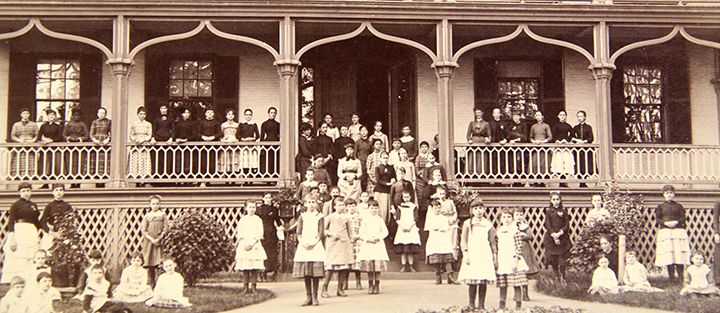


Instead, he took every opportunity to declare them as fully valued as hearing people in the human family. and his assistant Thomas Watson held the first telephone call in history. Certainly he did not assume that deaf people were his social or intellectual inferiors. Alexander Graham Bell, an unknown teacher of deaf-mutes, also threw his hat. Many graduates of the American Asylum remarked about the extraordinary kindness of this man, of his gentle nature and inoffensive manner. This genre explored the perspective of deaf people and their experiences in a hearing world. Studying the history of deaf people, particularly that of their education from the late eighteenth century onward, illuminates broader social and cultural.

In his role as guardian to younger children, paternalism may have been appropriate but Principal Gallaudet also maintained this posture toward former pupils who grew up, graduated from school, took jobs, married, and established families of their own.įortunately, Thomas Gallaudet's paternalism was benevolent. The group’s historical work was unveiled at the international Deaf Way Festival the following summer. For the next thirteen years, from 1817, when he began serving as principal, until 1830, when he resigned, Thomas Gallaudet's perspective never changed. Once he returned to the United States, paternalism continued to be Gallaudet's lifelong disposition toward hearing-disabled pupils. Mason Cogswell: "I long to be in the midst of my deaf and dumb children, for such I mean to consider them". During the winter of 1816 while he was in Edinburgh, Scotland, preparing to become administrator of the American Asylum, a homesick Gallaudet wrote to his friend Dr. Deaf History Unveiled features 16 essays, including workby Harlan Lane, Renate Fischer, Margret Winzer, William McCagg, andother noted historians in this field. Readers will discover the new themes driving Deaf history, including a telling comparison of the similarities in experience among Deaf people and African Americans, both minorities with identifying characteristics that cannot be hidden to thwart bias. Thomas Hopkins Gallaudet always believed that the deaf people who were his students at the American Asylum for the Deaf and Dumb should be treated like his own children: with a father's kindly watchfulness and firm authority. Thomas Hopkins Gallaudet: Benevolent Paternalism


 0 kommentar(er)
0 kommentar(er)
